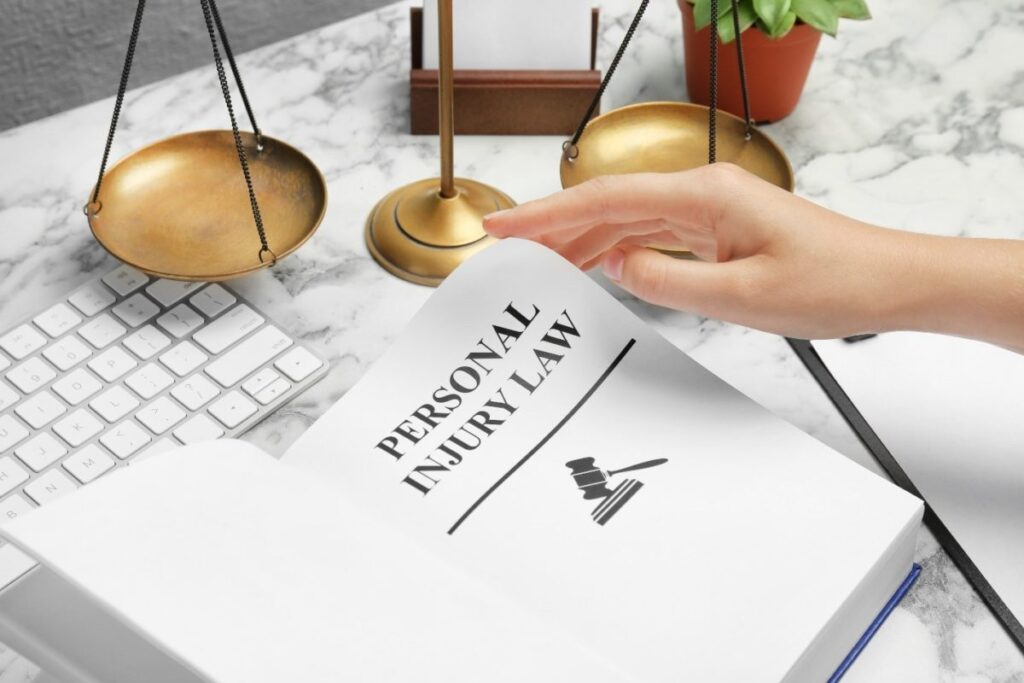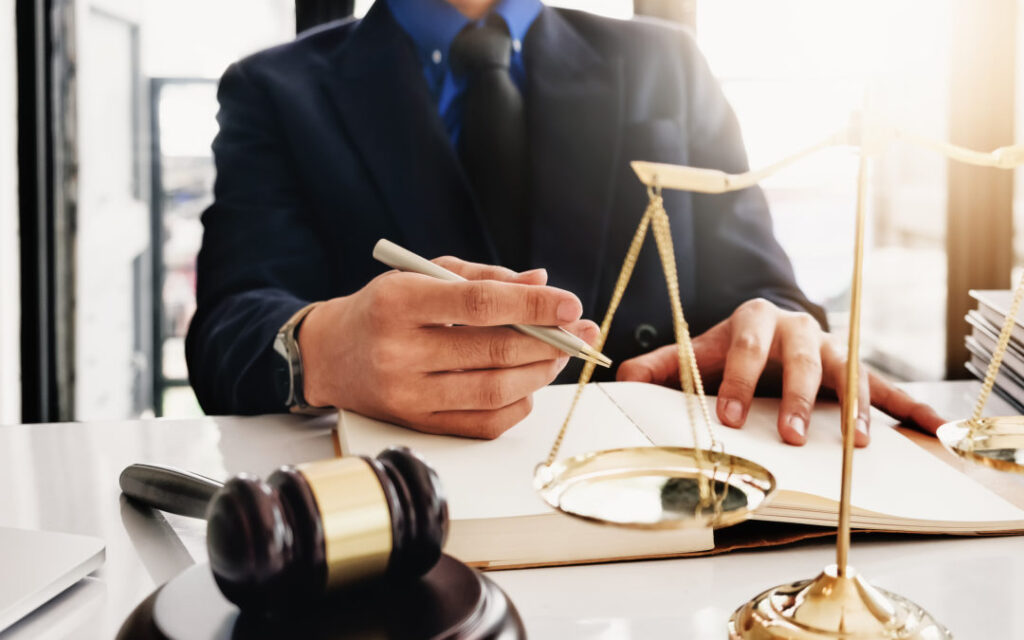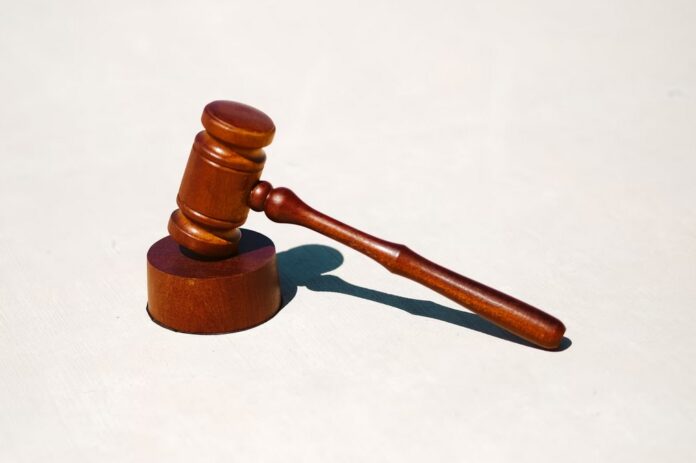Like other court cases, personal injury cases are complicated and quite confusing. It is common for victims to have several questions about injuries resulting from personal injury accidents. Typically, most people don’t understand the claims process and what they need to institute a personal injury claim.
Unfortunately, injury victims often end up making incorrect decisions due to misinformation and misconceptions, which reduces their chances of winning the case. While seeking correct information about personal injury cases is prudent, the best option is to get expert advice from George Salinas Injury Lawyers. Below are frequently asked questions about personal injury cases.
What are the legal aspects of personal injury cases?
The following legal provisions guide personal injury cases:

1. Statutory limitations
In most cities, victims of personal injury cases should file their claims within three years after the accident. Personal injury victims who fail to file a claim within this provided window lose their rights to file a lawsuit. However, note that there are exceptions to these statutory limits.
2. Liability
The question of liability is another common legal issue associated with personal injury claims. In some cases, the jury may find the plaintiff at fault, either partially or fully, for the accident and resulting injuries. In such a situation, states like Nevada use the modified comparative negligence policy.
With this legal concept, compensation for personal injury victims is reduced by the share of their liability for the accident. Similarly, if the plaintiff is found to be liable by more than 50%, they cannot be entitled to receive compensation for the damages.
3. Burden of proof
Unlike criminal cases, the burden of proof in personal injury cases is quite low. This is because personal injury claims focus on compensating victims for their injuries and losses. Nonetheless, to be compensated, plaintiffs need to prove that the resulting injuries were due to the defendant’s negligence or failure to act in a way that a reasonable person in the same situation should. Hiring a good personal injury lawyer is beneficial for this legal aspect.

What elements can prove negligence in personal injury claims?
Personal injuries can occur due to several causes. This includes motor vehicle accidents, defective products, professional malpractice, premise liability, and more. Regardless of the causative factor, most personal injuries are not purely intentional but occur due to negligence or careless actions of the defendants. The key indicators of negligence that can be used as proof in personal injury claims include:
- The defendant owed the victim duty of care
- The defendant failed to meet the basic standards of care for the victims
- The actions of the defendant are the direct cause of losses and injuries
- Damages resulted from the actions of the defendant
Even though the defendant’s legal liability varies depending on the circumstance and jurisdiction in question, they should do everything to mitigate accidents. For instance, drivers shouldn’t drive when fatigued or drunk.
Similarly, shopping centers should ensure that their floors are dry and free from debris that can lead to slip and fall injuries. Product manufacturers also shouldn’t allow the use of defective products. Evidence of negligence by the defendant should be proved for the personal injury lawsuit to be successful.

What are the types of compensation in personal injury cases?
While the court can award victims of personal injury cases different compensatory damages, they are classified into two main groups. Compensation for personal injury cases can either be punitive or compensatory.
1. Compensatory damages
As the name suggests, compensatory damages compensate or reimburse personal injury victims or injured parties for the injuries suffered. These damages are awarded in nearly all personal injury cases, including medical malpractice, slip and fall accidents, and auto accidents. Compensatory damages are also given to wrongful death cases. The two main categories of compensatory damages include the following:
-
Special compensatory damages
Special compensatory damages award personal injury victims for monetary costs resulting from the injury. They are specific to individual victims and often vary from one person to another. Award for damages should reimburse victims for any money lost or expenses incurred due to accident and resulting injuries. Negotiating these claims is challenging, which is why you shouldn’t represent yourself in court. Common forms of special compensatory damages include:

- Compensation for loss of earnings
- Medical bills
- Household expenses
- Loss of future earnings
- Future medical bills
- Lost money due to canceled trips and changed plans
-
General compensatory damages
General damages provide non-monetary compensation to personal injury victims. They are commonly referred to as general damages as they cover general injuries sustained during the accident. Most accident victims have general damages, which include:
- Mental anguish
- Loss of companionship or consortium
- Pain and suffering
- Disfigurement
- Inconvenience due to sustained injuries
In most cases, assessing compensatory damages might be hard. For instance, for wealthy persons, the cost of lost wages is higher than those who have retired or are financially unstable.

2. Punitive damages
Punitive damages are awarded to a small fraction of personal injury cases. However, they are not tied to harm or injuries suffered by victims but awarded to punish wrongdoers for their despicable behavior. Compensation from punitive and compensatory damages benefits the plaintiff or injured parties.
A common case that punitive compensations are awarded is if the court finds the defendant guilty of malicious acts or fraud. Such acts include sexual assault, fraudulent behavior that causes financial harm, and aggravated battery. In high-profile cases, especially those that involve defective products and health risks caused by prescription drugs, punitive damages are awarded against the manufacturing companies.
Endnote
There are many things to know about personal injury accidents and claims. These lawsuits can arise due to car accidents, wrongful death claims, slip and fall accidents, use of defective products, and more. If you sustain personal injuries due to these accidents, make sure that you hire a qualified personal injury lawyer in San Antonio. George Salinas Injury Lawyers can use their knowledge and expertise to ensure that compensation awarded by the court is commensurate with the injuries suffered.





![Calgary’s Hottest Neighborhoods for Luxury Homebuyers [2024]](https://thewashingtonote.com/wp-content/uploads/2024/04/Calgary-324x160.png)



